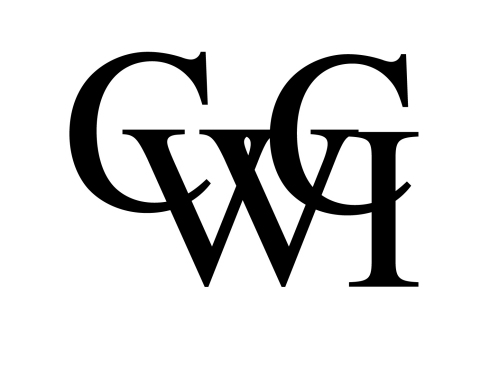CWCI Examines California’s Proposed Presumption for Hospital Worker Injuries & Illnesses
CWCI Examines California’s Proposed Presumption for Hospital Worker Injuries & Illnesses
OAKLAND, Calif.--(BUSINESS WIRE)--A bill that would give a rebuttable presumption of compensability to a wide range of work injury and illness claims filed by workers who provide direct patient care in California’s acute care hospitals would require the hospitals to accept injuries that would normally be denied after investigation and expend significant costs, increase litigation, and set an unsupported precedent by extending presumptions into the private sector according to a California Workers' Compensation Institute (CWCI) analysis.
The analysis shows a lack of evidence supporting the need for hospital worker presumptions, especially given that it would open the door to private sector presumptions.
Share
Unlike other workers’ compensation claims, in presumptive injury claims an injured worker does not need to prove that their injury or illness was caused by their job; instead, the employer must prove it was not work-related. Because this is very difficult, rebuttable presumptions have historically been reserved for public safety officers for injuries such as cancer or heart disease that may arise from the unique risks inherent in those public sector jobs, and even then, only when there is clear and compelling evidence of a lack of hazard abatement, a high incidence of injury, and a high claim denial rate. However, SB 632 (Arreguin), now pending in the California Assembly, would extend presumptions into the private sector by granting presumptions to direct care hospital workers for claims involving injuries and illnesses including musculoskeletal injuries, COVID-19 from SARS-CoV-2 and its variants, respiratory diseases (including asthma), cancer, and post-traumatic stress disorder (PTSD).
Using accident year (AY) 2019 – 2024 claims data from its Industry Research Information System (IRIS) database, CWCI’s analysis measured the percentage of workers’ compensation claims by hospital workers that involved the injuries covered by SB 632 and compared that figure to the percentage of claims from the general workforce that involved those injuries. The Institute then determined the distribution of claims by injury category and calculated the claim denial rates for the hospital worker claims and compared the results to those for the general workforce. Among the findings:
1) 55.7% of all hospital worker claims from AY 2019 - 2024 would be presumptive injuries under SB 632.
2) Of the hospital worker claims, the most common were musculoskeletal injuries (32.1% of all hospital worker claims from the 6-year study period); COVID-19 (21.7%); and respiratory diseases (1.3%). Other injury categories that would be covered by the proposed presumptions together represented less than 1% of the hospital worker claims.
3) Similarly, for the general workforce, the most common injuries covered by SB 632 were musculoskeletal injuries (30.0%), COVID-19 (9.9%), and respiratory diseases (0.8%). As with the hospital worker claims, all other injuries covered by SB 632 represented less than 1% of all general workforce claims.
4) Claim denial rates for injuries and illnesses that would be covered by SB 632 are similar for hospital workers and the general workforce: for hospital workers the claim denial rate was 15.0%; for the general workforce, it was 15.7%. Thus, hospitals accept liability for the injuries at a slightly higher rate than they are accepted in the general workforce.
Workers’ compensation presumptions shift the burden of proving that a claim is work-related from the employee to the employer. Because they create exceptions to the grand bargain of workers’ compensation, they have been limited to public safety officers for specific injuries that may result from the hazardous conditions associated with those public service jobs, where it is often difficult to safeguard the employee from the dangerous conditions inherent in their work. Such is not the case for hospitals, which have extensive loss control programs and safety procedures. Furthermore, CWCI’s analysis found hospitals and the general workforce have similar injury distributions, except for COVID-19 claims, where hospital workers were covered by a presumption during the pandemic. This, combined with nearly identical claim denial rates for hospital worker and general workforce claims involving injuries covered by SB 632, shows a lack of evidence supporting the need for a presumption, especially given that it would open the door to private sector presumptions.
CWCI’s Impact Analysis report on SB 632 is available for free under the Research tab at www.cwci.org.
Contacts
Bob Young
(510) 251-9470
